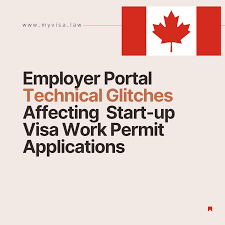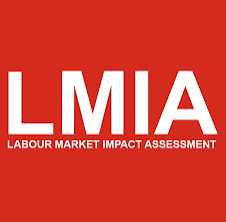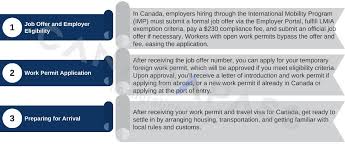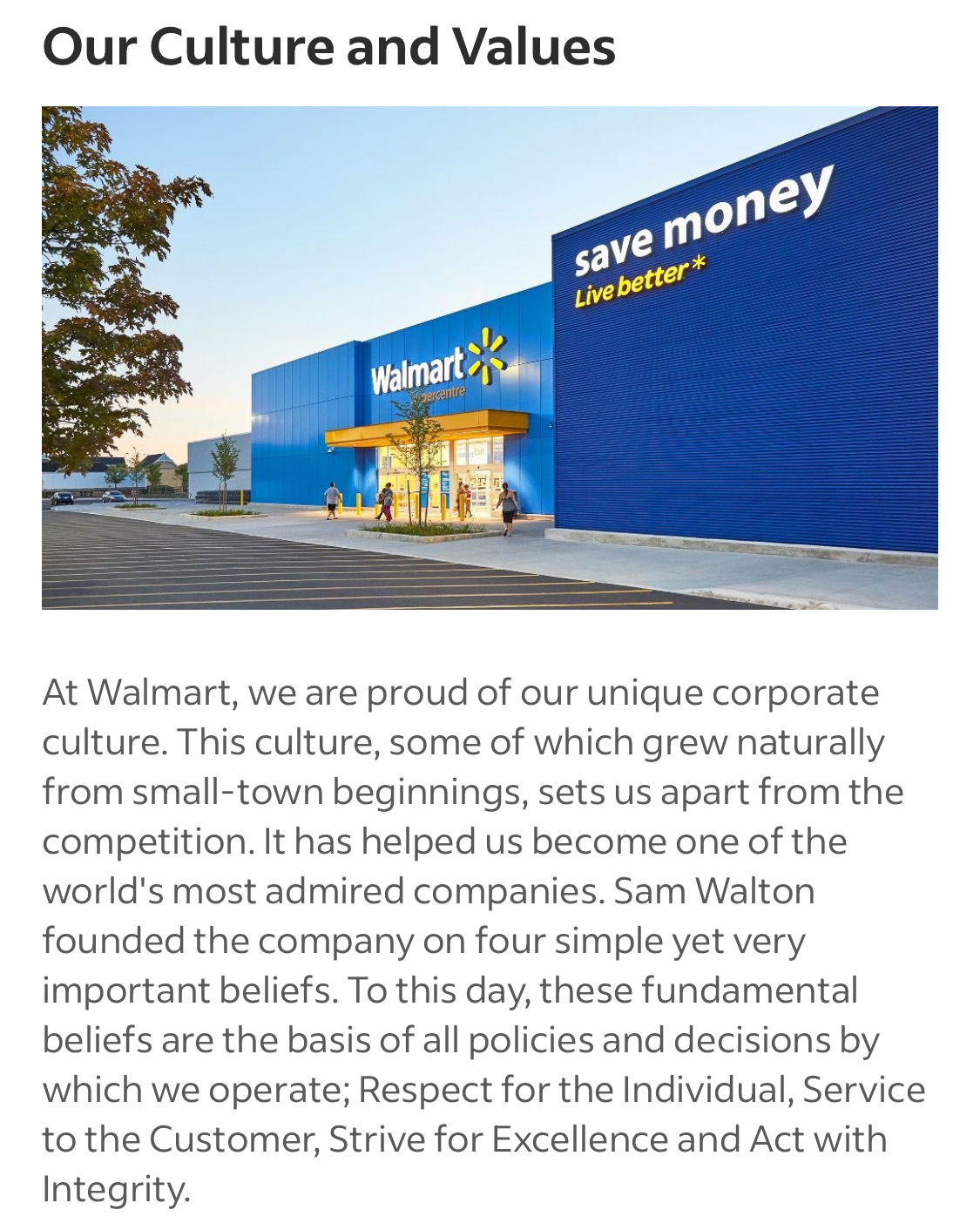IRCC introduces new LMIA-exempt work permit for select tech companies in Canada


Immigration, Refugees and Citizenship Canada (IRCC) has introduced a new Labour Market Impact Assessment (LMIA)-exempt work permit aimed at select tech companies, further enhancing Canada’s position as a hub for innovation and technology. This initiative allows qualified tech firms to bypass the often lengthy LMIA process, enabling them to attract top-tier international talent more efficiently. The work permit is designed to support the rapid growth of the tech sector by addressing labor shortages and streamlining the hiring of highly skilled workers in areas such as artificial intelligence, cybersecurity, and software development. By removing the LMIA requirement, the new program makes it easier for Canadian tech companies to stay competitive in the global market, fostering innovation and economic growth.
IRCC has introduced a new work permit under the Innovation Stream of the International Mobility Program (IMP). The Innovation Stream is one of the four pillars of this Tech Talent Strategy, which was launched in 2023 to attract skilled talent to help Canada grow as a global tech leader.
The new LMIA-exempt work permit introduced by IRCC is a strategic move to bolster Canada’s thriving technology ecosystem, making it easier for innovative companies to access the talent they need without the delays and complexities often associated with obtaining an LMIA. This permit specifically targets companies in emerging fields such as fintech, digital media, and cleantech, where the demand for specialized skills is rapidly increasing. By removing the LMIA hurdle, the government is reducing administrative burdens and allowing businesses to hire global talent more swiftly, which is crucial in a sector where competition for skilled professionals is fierce. The streamlined process not only benefits employers but also highly skilled workers seeking opportunities in Canada’s vibrant tech scene, making the country an even more attractive destination for global tech talent. This initiative is expected to drive significant growth in Canada’s innovation sector, positioning the nation as a leader in cutting-edge technologies and reinforcing its global competitiveness in the digital economy.
The introduction of the LMIA-exempt work permit also aligns with Canada’s broader immigration goals, emphasizing the importance of attracting talent in sectors that are critical to the future economy. For tech companies, this new permit provides a competitive edge by shortening the time it takes to bring international experts into the country, allowing them to quickly fill key roles that drive innovation. It also fosters collaboration between Canadian companies and global professionals, enriching the talent pool and promoting knowledge transfer across borders. The permit’s flexibility is particularly valuable for startups and growing firms, which often face tight timelines and resource constraints when scaling their operations. By facilitating easier access to international talent, the IRCC is addressing both immediate labor shortages and the long-term growth potential of the Canadian tech industry. This program underscores the government’s commitment to supporting high-growth sectors, ensuring that Canada remains an attractive destination for both entrepreneurs and skilled professionals looking to contribute to a dynamic, forward-thinking economy.

In addition to streamlining the hiring process, the new LMIA-exempt work permit highlights the Canadian government’s recognition of the tech sector’s critical role in driving economic growth, innovation, and global competitiveness. By eliminating the need for an LMIA, tech companies can focus more on developing cutting-edge products, scaling their operations, and expanding into global markets without being held back by labor shortages. This policy also strengthens Canada’s reputation as a destination for top-tier tech talent, offering a welcoming environment with opportunities for career growth and participation in ground-breaking projects.
For international workers, this permit opens doors to the Canadian job market more efficiently, enabling them to secure employment in a rapidly growing sector known for high wages, excellent working conditions, and a strong commitment to innovation. Moreover, the initiative aligns with Canada’s broader strategy to foster diversity and inclusion within its workforce, as it facilitates the recruitment of a diverse range of professionals from different cultural and technical backgrounds. Over time, the cumulative impact of this program is expected to create a thriving tech ecosystem in Canada that not only drives economic progress but also positions the country as a global leader in technology-driven solutions. This forward-thinking approach demonstrates Canada’s commitment to adapting its immigration policies to meet the evolving needs of the economy, while ensuring that businesses and individuals alike can thrive in a rapidly changing global landscape.
Moreover, the LMIA-exempt work permit is poised to significantly enhance Canada’s appeal as a global tech hub by offering companies a crucial tool for long-term competitiveness. As the technology sector continues to evolve rapidly, the ability to swiftly hire international experts in emerging fields like blockchain, quantum computing, and machine learning becomes indispensable. This policy allows Canadian companies to quickly bridge skill gaps, ensuring that innovation doesn’t stall due to a shortage of expertise. Additionally, the program helps create a dynamic feedback loop, where the influx of international talent fosters innovation and productivity, which in turn attracts more investment and resources to Canada’s tech industry.

For many international professionals, the permit offers a direct pathway into one of the world’s most forward-looking economies. Working in Canada not only provides exposure to cutting-edge technologies and projects, but also offers opportunities for professional development in a stable and inclusive environment. Furthermore, this initiative complements other immigration programs like the Global Talent Stream and Start-up Visa, creating a comprehensive framework that makes Canada highly attractive to both individual tech workers and entrepreneurs. Over time, this LMIA-exempt policy is expected to contribute to building robust innovation clusters across the country, creating jobs, and fostering technological advancements that benefit not only Canada but the global economy as well.
By prioritizing talent mobility and simplifying the hiring process, the IRCC’s new LMIA-exempt work permit is laying the foundation for sustainable growth in the Canadian tech industry. This progressive move reflects Canada’s commitment to remaining at the forefront of technological advancements and ensuring that its economy is well-positioned to capitalize on future trends in the digital era.

Some skilled foreign workers are now eligible to apply for an employer-specific work permit if they get a job offer from any of the employers participating in the Global Hypergrowth Project. This includes eight selected companies that the government has identified as industry leaders and innovators with considerable potential. Eligible workers will be able to receive a Labour Market Impact Assessment (LMIA)* exempt work permit.
Schedule a Free Work Permit Consultation with the Cohen Immigration Law Firm
An LMIA is a document required by the government of Canada to support the issuance of some employer-specific work permits. The document is issued by Employment and Social Development Canada (ESDC) and assesses the impact of hiring a foreign worker on the Canadian labour market. For an LMIA to support an employer-specific work permit the document must return a “positive” or “neutral” result.

Who is eligible for this new work permit?
To qualify for a work permit under the Innovation Stream, applicants must:
- Have a job offer from an employer participating in the Global Hypergrowth Project (GHP);
- Have a job offer in a high-skilled occupation, which includes positions within the National Occupational Classification (NOC) Training, Education, Experience, and Responsibilities (TEER) categories 0, 1, 2, or 3; and
- Possess the necessary education and experience specified in the employment requirements section of the NOC for the occupation they intend to work in.
This stream is open to eligible applicants both inside and outside of Canada.
Applicants may also qualify for faster processing times of their work permits, if the occupation they have been hired for falls under TEER categories 0 or 1 of the NOC.
Note that the NOC system is used to describe and categorize occupations in Canada. The TEER rankings further groups jobs by the Training, Education, Experience and Responsibilities required to adequately perform the role.
Before applicants submit their application to the innovation stream, their employers must:
- Submit an offer of employment;
- Pay a $230 CAD employer compliance fee; and
- Give the employee (or potential employee) an offer of employment number.

Who are the employers who have been selected for this stream?
The government of Canada has identified the following employers as aligning with their “industrial innovation goals”:
| Company | Company Summary |
|---|---|
| Ada Support Inc. | Ada Support Inc., based in Toronto, is an AI-driven company focused on transforming customer service from agent-first to AI-first. They provide an AI-powered platform that enables companies to automatically handle customer support interactions across various languages and channels. Ada’s platform includes generative AI and voice capabilities to support multi-channel automation, helping businesses reduce wait times and create personalized customer experiences. |
| AlayaCare | AlayaCare provides an AI-powered platform for home care agencies to improve planning and management. The platform enhances scheduling, time reporting, clinical documentation, and patient monitoring, allowing providers to deliver better care and improve patient outcomes. AlayaCare’s tools, aim to help clients reduce operating costs, detect adverse events, and minimize hospital re-admissions. |
| CellCarta | CellCarta, based in Montreal, Quebec, specializes in precision medicine by providing custom testing solutions and end-to-end sample measurement services in immune monitoring, histopathology, proteomics, and genomics. The company uses expertise in biomarker research to identify genetic, biological, and environmental factors that influence patient responses to treatments, enabling more targeted therapies for individuals. |
| Clarius Mobile Health | Clarius Mobile Health, based in British Columbia, aims to make medical imaging accessible everywhere with high-performance, affordable, and easy-to-use AI-powered solutions. Founded by innovators who created the first PC-based ultrasound platform and touchscreen ultrasound system, Clarius focuses on miniaturizing ultrasound technology. The company develops high-definition, point-of-care wireless systems for use across various specialties, enhancing patient care, expanding clinical services, and providing real-time imaging for medical practices. |
| Clio | Clio is a legal technology company based in Burnaby, British Columbia, that is leading the digital transformation of the legal industry with its cloud-based software. Clio’s platform helps law firms manage various tasks, including client intake, contact management, calendaring, document management, timekeeping, billing, payments, and trust accounting. |
| Duchesnay Pharmaceutical Group (DPG) | DPG develops new medicines to improve patient health and quality of life, exporting treatments to over 50 countries through strategic alliances, a unique business model in Canada. The company is based in Blainville, Quebec. |
| Lightspeed Commerce | Lightspeed Commerce, founded in Montréal in 2005, provides technology solutions to help retailers and restaurateurs streamline operations and enhance customer experiences. The company offers a platform that integrates management tools for in-store and online transactions, inventory updates, and embedded payments, allowing businesses to manage all aspects from a single system. The company serves primarily small and medium-sized businesses. |
| Vive Crop Protection | Vive Crop Protection, based in Mississauga, Ontario, develops crop protection products that help farmers improve crop quality while minimizing environmental impact. Using its patented Allosperse technology, Vive delivers active ingredients where needed, improving effectiveness and reducing risks to plants and the environment. This technology also allows Vive products to mix safely with other chemicals, fertilizers, and micronutrients, enabling farmers to apply treatments in a single pass, saving time, fuel, and resources. |
Candidates wishing to learn more about the new initiative can visit Immigration Refugees and Citizenship Canada‘s (IRCC’s) webpage here.
Recent changes pertaining to work permits or LMIAs
This new permit comes at a time when there have been an increasing number of restrictions to work permits and LMIAs.
On August 26, the Canadian government announced that it will no longer be processing low-wage LMIAs in certain Canadian cities. The policy change specified that census metropolitan areas (CMAs) with an unemployment rate of 6% or higher will be impacted. Some exceptions will be made for jobs in food security sectors such as primary agriculture, food processing and fish processing, as well as construction and healthcare.
Visitors in Canada no longer allowed to apply for job-supported work permits
In addition to recent changes to LMIA processing in Canada, the government has also rolled back temporary COVID-era work permit policies allowing some visitors to apply for job-supported work permits from within the country. Though visitors in the country can still apply for other kinds of work permits from within the country, they may no longer apply for a job-supported work permit—with or without an LMIA.
These recent changes to Canada’s work permit come in contrast to the most recent announcement around the country’s Innovation Stream, highlighting Canada’s willingness to invest and hire foreign talent to support these companies and the tech sector more broadly.
Schedule a Free Work Permit Consultation with the Cohen Immigration Law Firm

